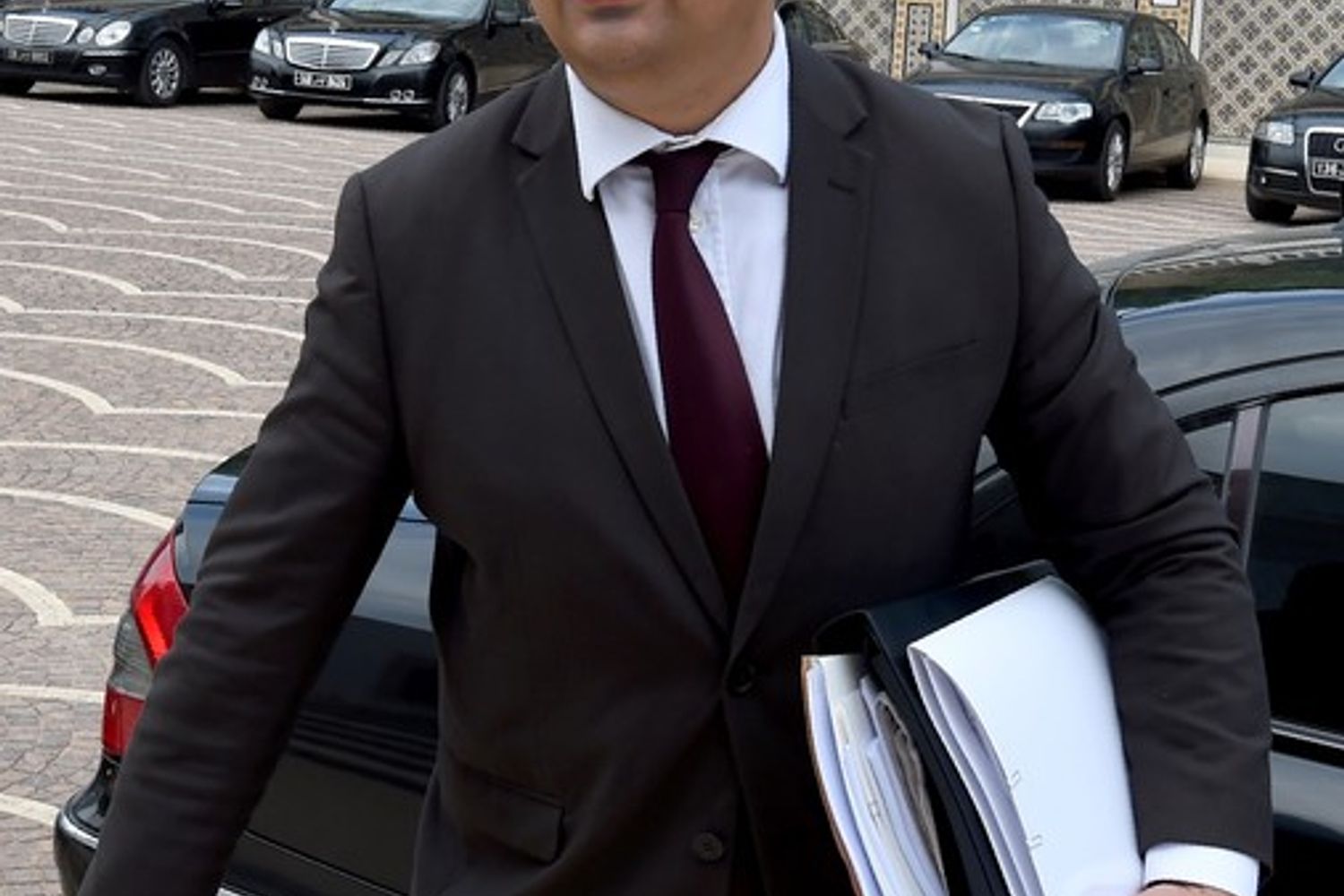Italy cooperates with Tunisia on technology centres


Rome - Italy and Tunisia have good economic and commercial relations, but there is still a great potential to be developed, said Tunisian Minister of Industry and Commerce, Zied Laadhari. Industrial cooperation should be enhanced in "the textile, agrifood and mechatronics sectors," he told the conference "Tunisian, partnership and investments for an integrated Italo-Tunisian industrial development".
He was confident this collaboration could be pursued. The conference was organised by Confindustria Assafrica e Mediterraneo, with the Italian Cooperation Agency and the Tunisian Ministry of Industry, to launch in Italy the Tunisian Competitiveness Centres in Bizerte, Gabes, Monastir and Sousse. "Our countries are geographically and culturally close," underlined Minister Laadhari, recalling that: "Italy is our second economic partner, and we can develop even stronger partnerships."
Tunisia can offer greater opportunities for Italian firms in "the textile, agrifood and mechatronics" sectors, as well as in more innovative and promising ones such as "the pharmaceutical and renewable energies" sectors. "A favourable business environment with an attractive tax system and guarantees for investors," is possible thanks to a new law on foreign investments, issued by the Tunisian government, he said. The minister believes that there is a great potential and "it is up to us to develop and utilise it" by means of stronger industrial cooperation between companies, with the governments' support. He added they "are strongly determined to enhance this approach".
Tunisia imports mainly textiles, machinery and equipment, hydrocarbons, food products and chemicals for 17.75 billion dollars in 2016, and Italy provided 15.2 percent of supplies, second after France. Italy is also the second country, after France, for Tunisian exports, accounting for 19.3 percent. In November last year, the Tunisian government submitted a five-year strategic plan "Tunisia 2020" for inclusive growth and sustainable development, which includes several infrastructure and investment projects, public and private, for a total of 60 billion dollars.